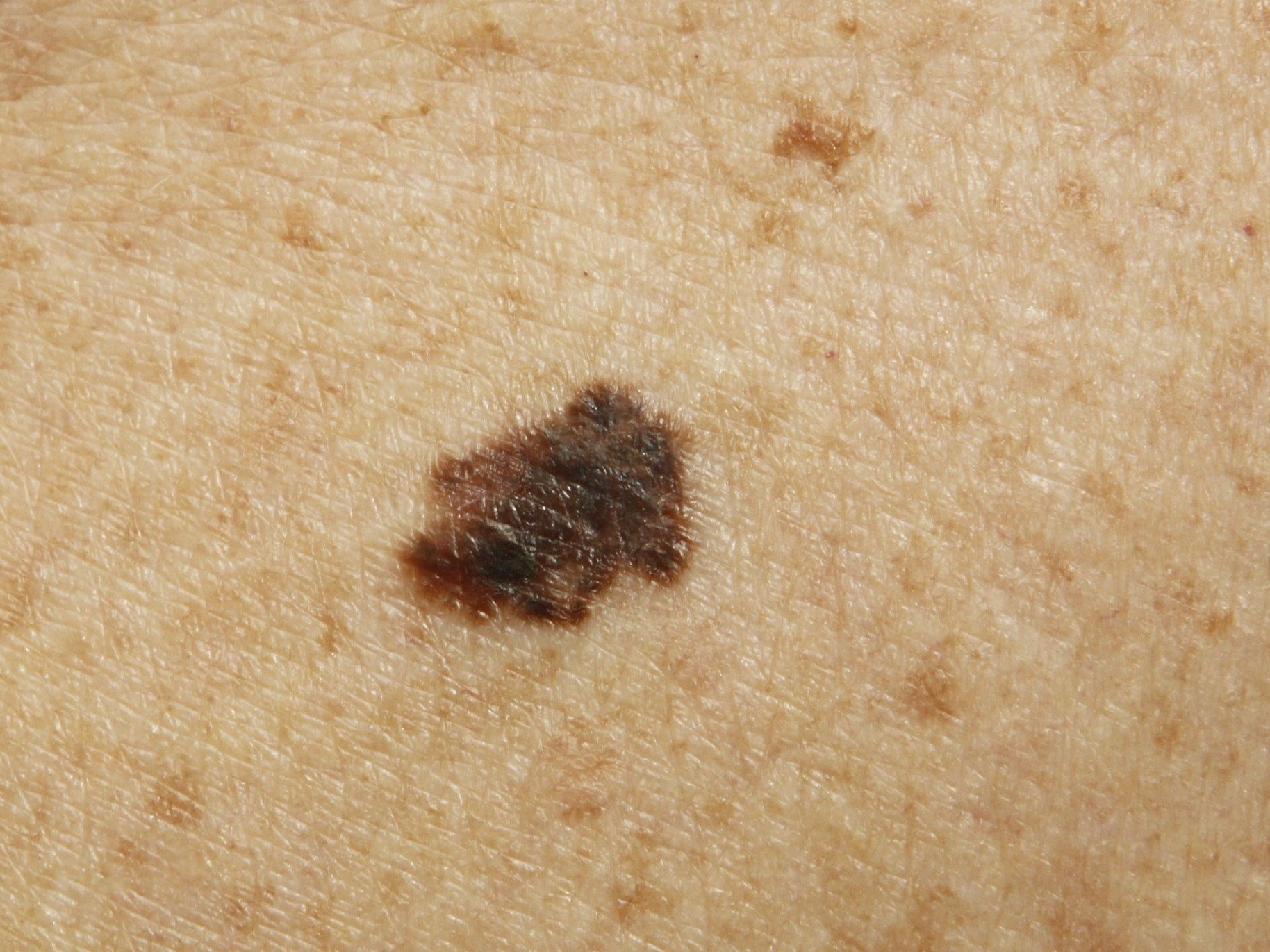The Importance Of Skin Checks And Mole Mapping
Words Skintel
As summer approaches and sunny days become more frequent, it’s time to pay closer attention to sun protection and skin health.
This seasonal awareness often prompts individuals to consider mole mapping or skin checks. With a wide variety of technologies and providers available - some even promoting artificial intelligence as the next big thing - it can be challenging to decide on the best option.
For those at risk, regular skin checks are crucial. It is estimated that approximately 80% of fair-skinned baby boomers who grew up in New Zealand will experience skin cancer during their lifetime. Although skin cancer is less common in younger populations, it remains a concern. Recently, a Skintel dermatologist diagnosed a fourth skin cancer in a 24-year-old woman, highlighting the importance of early detection. Identifying skin cancer early can make treatment less invasive and significantly reduce the risk of complications.
While some skin cancers, such as melanoma, can be visibly apparent, the most common form - basal cell carcinoma (BCC) - can be much harder to detect. These often appear as subtle flesh-coloured patches or bumps, making a thorough skin examination essential to avoid missed diagnoses.
Many technologies focus on tracking moles, often referred to as mole checks or mole mapping, and neglect checking the rest of the skin. However, it’s important to understand that not all skin cancers are linked to moles. In fact, only 29.1% of melanomas originate from a pre-existing mole and melanomas account for just 7.6% of all skin cancers. Therefore, 97.8% of skin cancers are unrelated to moles.
A comprehensive skin check remains the gold standard for skin cancer detection. During such an appointment, a dermatologist will review the patient’s medical history to identify risk factors and then conduct a meticulous examination of the skin using a dermatoscope. Early-stage lesions can often be treated immediately, either with creams or freezing, while more advanced cases may require surgical removal.
Although new artificial intelligence systems may seem appealing, they are not yet as reliable as an experienced dermatologist. A proper full skin check offers the highest level of accuracy and remains the best approach for skin cancer detection.
For those seeking a dermatologist, the ‘Dermatologist Search’ page on the New Zealand Dermatological Society Incorporated (NZDSI) website is a helpful resource. Regular checks are a vital step in maintaining skin health and staying safe in the sun.
www.NZDSI.org | www.Skintel.co.nz
